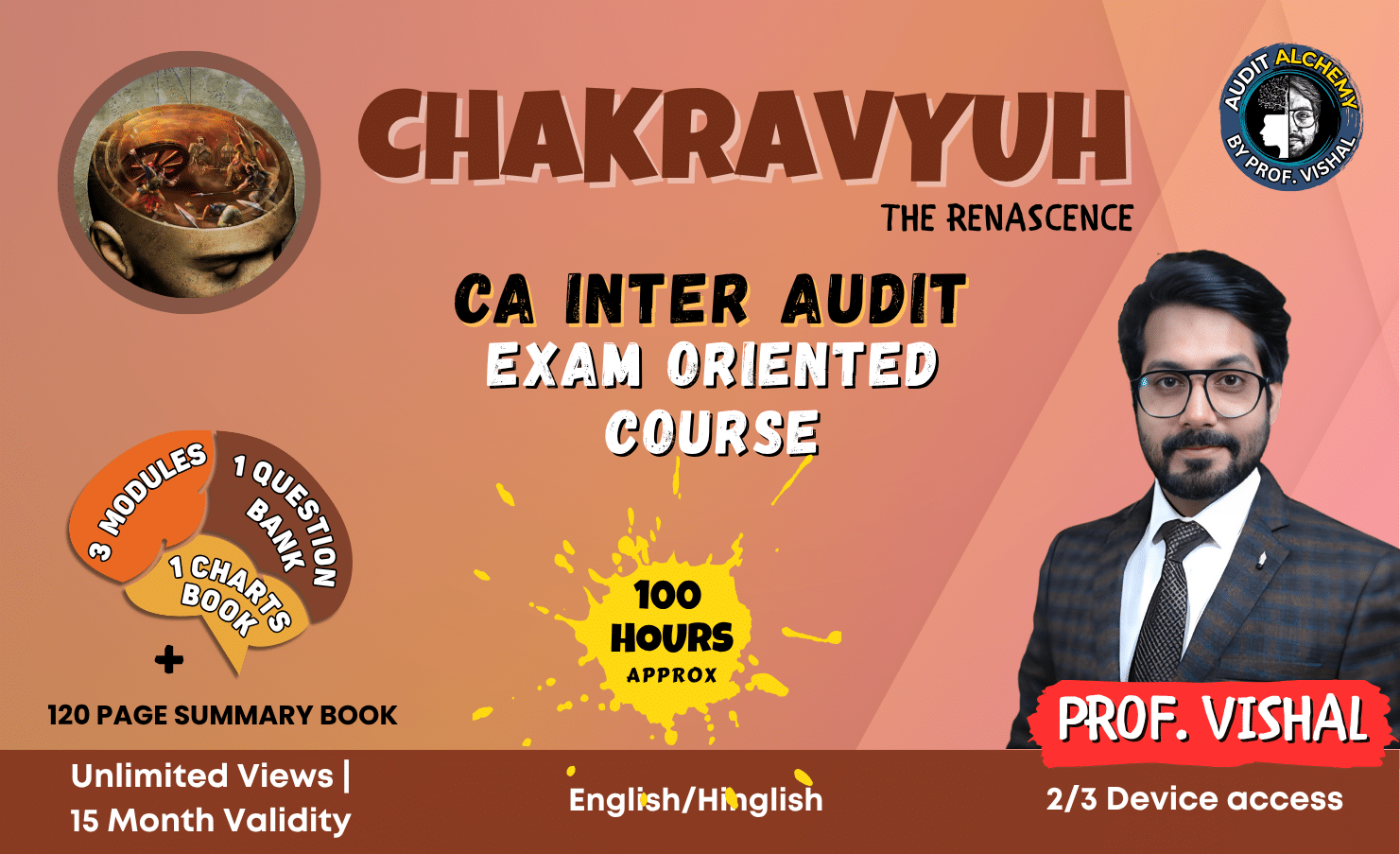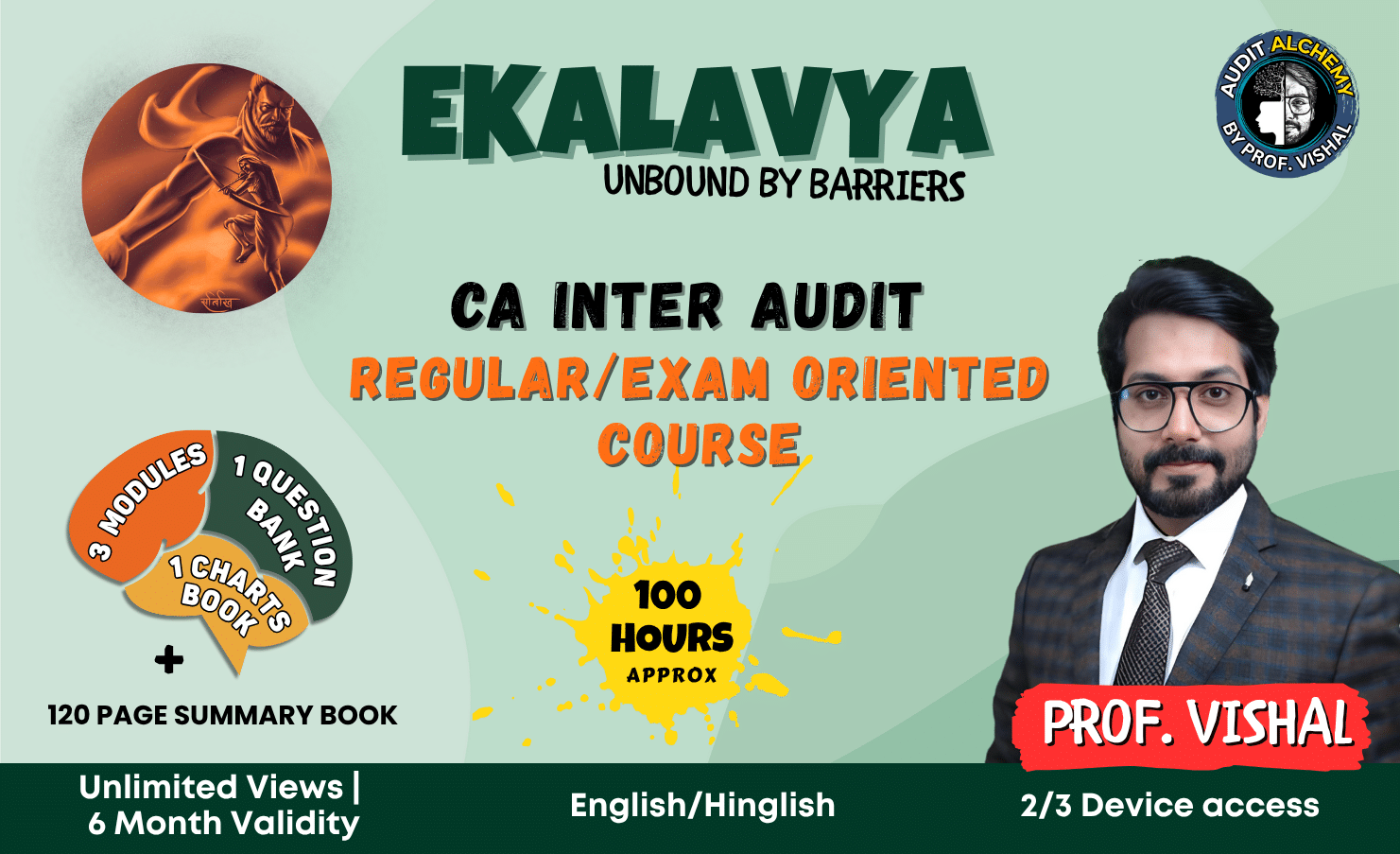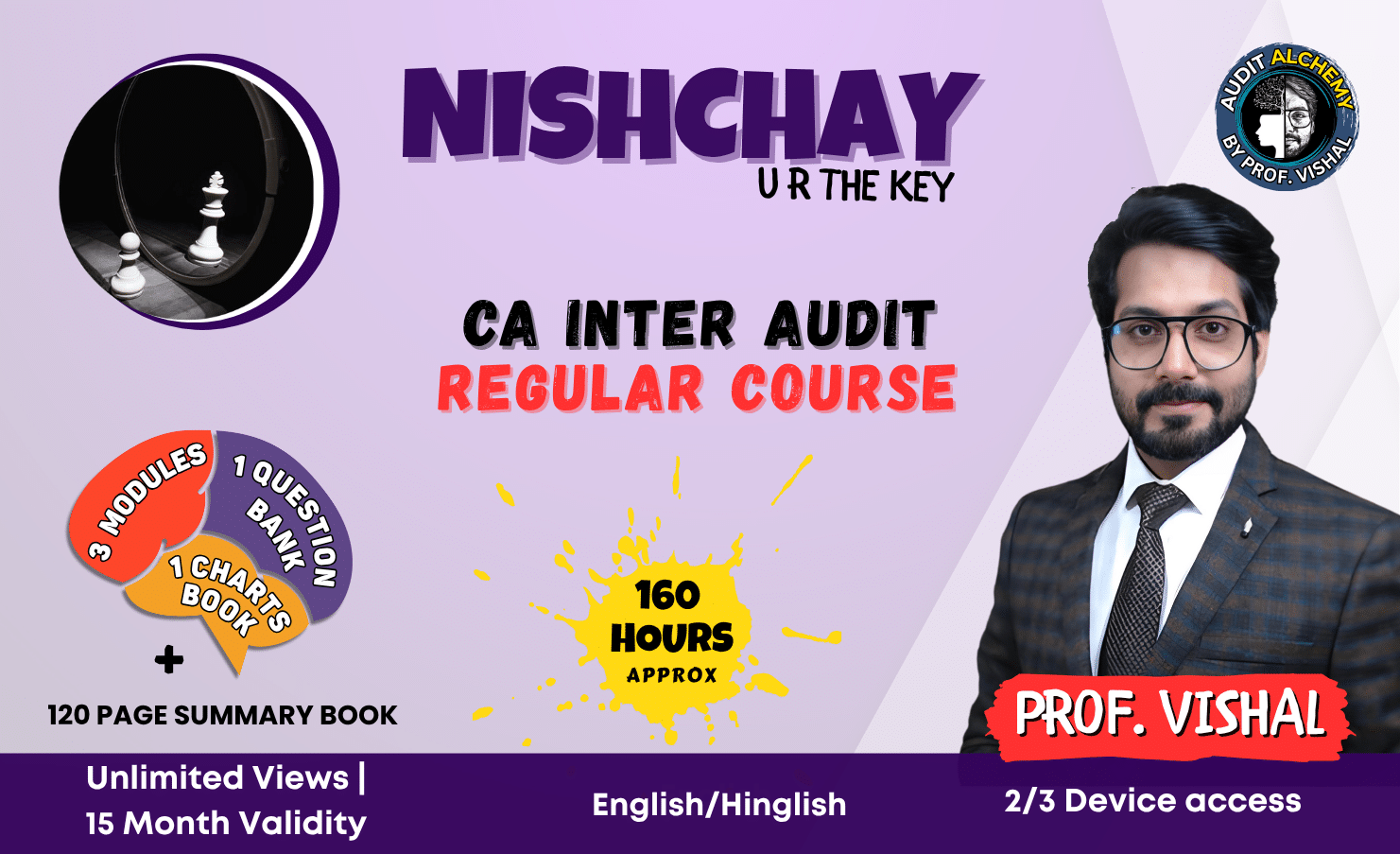Introduction:
The Chartered Accountancy (CA) course holds a distinct reputation for its prestige and rigorous demands. It requires dedication, patience, and hard work, making it one of the most challenging academic pursuits. The choice between attending regular college or pursuing correspondence alongside CA studies is a pivotal decision, often causing confusion among students who achieve positive results in their CA Foundation exam.
Analyzing College Continuation:
The decision to continue with regular college or not hinges on several factors. Firstly, the quality of the college plays a vital role. An esteemed college should not be dismissed lightly. Evaluating a college’s brand value, alumni achievements, and placement records helps gauge its credibility. Networking is key, and a college with a strong network offers valuable connections for your future endeavors.
Advantages of Regular College:
Diverse Exposure: Attending a regular college exposes you to peers pursuing various career paths, expanding your horizons. Networking with individuals aspiring for careers like MBA, UPSC, Law, and more enhances your knowledge and opportunities.
Exploring Career Options: Traditional schools typically introduce students to a limited set of career paths. However, regular colleges offer a diverse range of options, helping you shape your aspirations. Exposure to different backgrounds and ambitions aids in exploring varied career paths.
Societal Interaction: College societies provide platforms to connect with like-minded individuals, fostering interests and leadership skills. Participating in events and societies refines your management and leadership talents.
Personality Development: College enhances your street smarts and overall personality. Interaction with diverse individuals, participation in events, and presentations contribute to your personal growth. Improved communication and presentation skills are valuable takeaways.
Articleship Placements: Reputed colleges often facilitate articleship placements, with top firms showing preference for regular college students. This placement serves as a stepping stone for future career opportunities after becoming a Chartered Accountant.
Pursuit of Further Qualifications: Regular college students hold an edge when pursuing higher qualifications like an MBA. Leading MBA institutions prioritize candidates with a traditional college background over correspondence students.
Reasons for Leaving Regular College:
Despite these advantages, some students opt to leave regular college due to misguided advice. Misinformation from teachers, peers, and coaching institutes can lead to regrettable decisions. Orthodox suggestions from relatives can also influence students to make hasty choices.
Balancing CA and Regular College:
Concerns about balancing CA studies with regular college are common. However, if others can manage this combination, so can you. The CA syllabus often covers aspects of graduation, reducing the burden of college coursework. A modest increase in effort can allow for the harmonious pursuit of both.
When to Consider Leaving:
Leaving regular college might be considered if you’ve already received substantial exposure during school, possess advanced skills acquired outside college, or are well-versed in street-smart tactics.
Conclusion:
In deciding between regular and correspondence college, a comprehensive evaluation is crucial. Conducting a SWOT analysis—assessing your strengths, weaknesses, opportunities, and threats—alongside an assessment of colleges can guide your decision-making process. Ultimately, the choice should be driven by personal capabilities and aspirations. Each student’s journey is unique, and a well-informed choice will pave the way for a successful and fulfilling career path.












